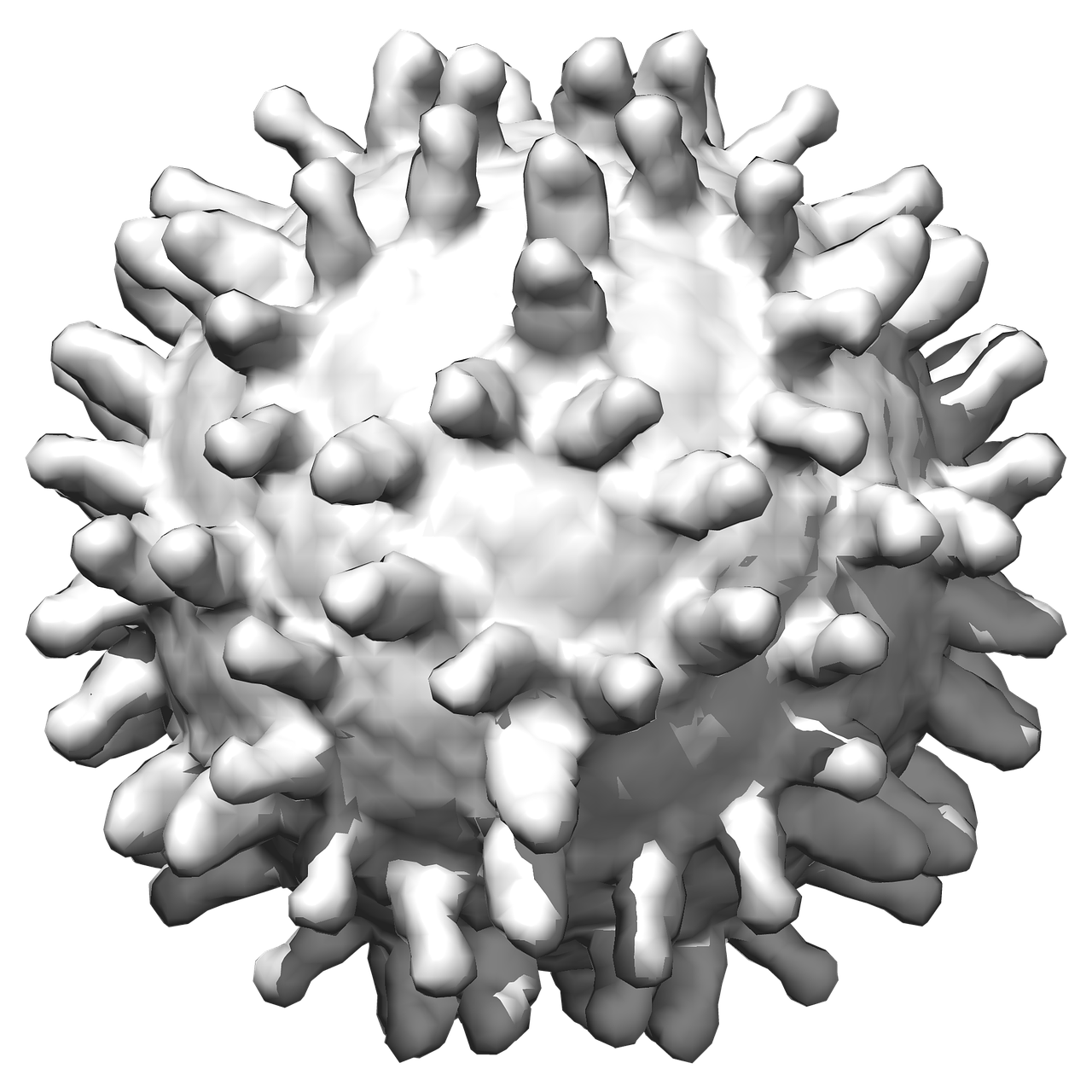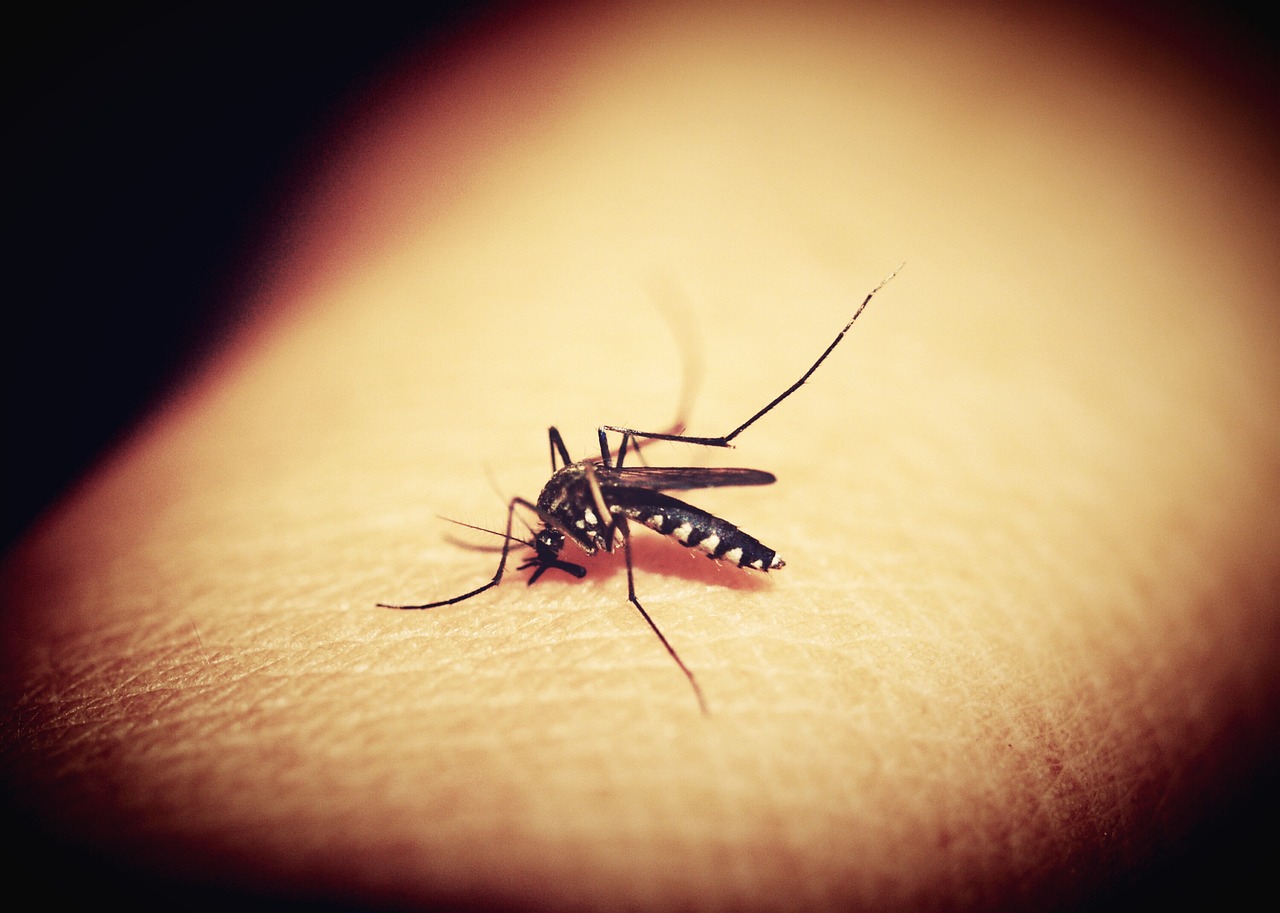West Nile Virus: A Mosquito Borne Illness To Watch Out For
- Esther M.
- Jun-14-2023
- Mosquitoes
Mosquitoes are known all over the world for the transmission of a range of diseases. One of these is the West Nile Virus. Unfortunately, there has been a recent uptick in the disease, which is why it is important to know about it so you can protect yourself and your loved ones.
Here are some facts that you should know:
What is West Nile Virus (WNV) and Is It a Current Threat?
This is a virus that is a member of the flavivirus genus. It is typically not fatal to most people, but it can be. It can cause serious neurological diseases. Unfortunately, recent studies have shown that there has been an increase in cases in some parts of the country.

Health officials have been reporting cases and positive samples of the West Nile virus across the US.
“Warm summer weather means [people] are spending more time outside, which increases the risk of mosquito bites. Bites from infected mosquitos are the primary method in which humans are infected with the virus,” the department said. Read more from Fox News…
WNV can also be a very serious and fatal disease disease to horses as well.
How is West Nile Virus Transmitted?

Human infection is most often the result of bites from infected mosquitoes. Mosquitoes become infected when they feed on infected birds, which circulate the virus in their blood for a few days. The virus eventually gets into the mosquito’s salivary glands. During later blood meals (when mosquitoes bite), the virus may be injected into humans and animals, where it can multiply and possibly cause severe illness and even death.
The virus may also be transmitted through contact with other infected animals, their blood, or other tissues.
A very small proportion of human infections have occurred through organ transplant, blood transfusions and breast milk. There is one reported case of transplacental (mother-to-child) WNV transmission.
To date, no human-to-human transmission of WNV through casual contact has been documented, and no transmission of WNV to health care workers has been reported when standard infection control precautions have been put in place. Read more from World Health Organization…
What Are The Signs and Symptoms of West Nile Virus?
West Nile Virus infection is either asymptomatic, meaning that there are no symptoms detected, or can lead to fever or severe West Nile disease. Most people may not recognize they have the infection. But for some, the symptoms can range from mild to severe.

Doctors sometimes call this West Nile fever. It often feels like the flu.
Minor symptoms of West Nile virus include:
- Fever.
- Headaches or body aches.
- Nausea and vomiting.
- Diarrhea.
- Itchy rash on your stomach or back.
- Swollen lymph nodes (such as the glands in your neck).
For those who experience more severe symptoms WNV can affect the central nervous system. West Nile virus can cause encephalitis or meningitis (dangerous inflammation in the brain or spinal cord). This inflammation can be life-threatening if not treated promptly. Read more from Cleveland clinic…
There is no vaccine for humans for the West Nile Virus. This means that people have to take preventative measures against this virus. One of the important measures for reducing transmission is to destroy mosquito breeding grounds, especially in residential areas. At Backyard Bug Patrol, we are equipped to help destroy breeding grounds in your Burke, Springfield an Alexandria, Virginia homes. Call us today!
